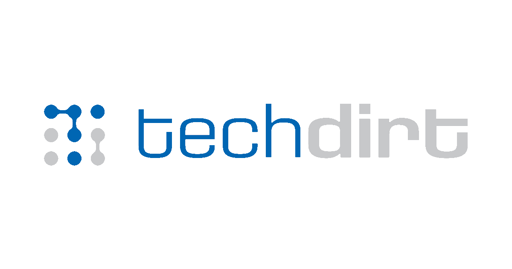When the Trump administration gave Immigration and Customs Enforcement access to a massive database of information about Medicaid recipients in June 2025, privacy and medical justice advocates sounded the alarm. They warned that the move could trigger all kinds of public health and human rights harms.
But most people likely shrugged and moved on with their day. Why is that? It’s not that people don’t care. According to a 2023 Pew Research Center survey, 81% of American adults said they were concerned about how companies use their data, and 71% said they were concerned about how the government uses their data.
At the same time, though, 61% expressed skepticism that anything they do makes much difference. This is because people have come to expect that their data will be captured, shared and misused by state and corporate entities alike. For example, many people are now accustomed to instinctively hitting “accept” on terms of service agreements, privacy policies and cookie banners regardless of what the policies actually say.



Can I ask what this “personal information” could possibly be? I’ve been 100% aware of all the information I put on the internet and the only thing that really bothers me is chatgpt. What information have I put on the internet that I wanted to keep a secret but like “whoops” it ended up on the internet?
Frankly I feel like this is what most people feel like. I mean who cares that Amazon can recommend to me something that I might actually want, it’s still up to me to buy it if I want it. I’m not losing control if anything